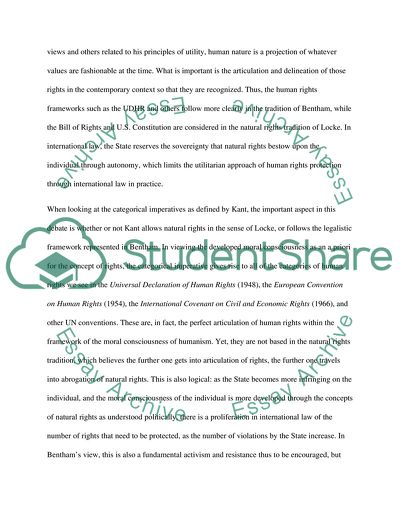Cite this document
(Natural Rights And Fundamental Defense Of Liberty Term Paper, n.d.)
Natural Rights And Fundamental Defense Of Liberty Term Paper. Retrieved from https://studentshare.org/philosophy/1747321-can-the-existance-of-natural-rights-be-justified
Natural Rights And Fundamental Defense Of Liberty Term Paper. Retrieved from https://studentshare.org/philosophy/1747321-can-the-existance-of-natural-rights-be-justified
(Natural Rights And Fundamental Defense Of Liberty Term Paper)
Natural Rights And Fundamental Defense Of Liberty Term Paper. https://studentshare.org/philosophy/1747321-can-the-existance-of-natural-rights-be-justified.
Natural Rights And Fundamental Defense Of Liberty Term Paper. https://studentshare.org/philosophy/1747321-can-the-existance-of-natural-rights-be-justified.
“Natural Rights And Fundamental Defense Of Liberty Term Paper”, n.d. https://studentshare.org/philosophy/1747321-can-the-existance-of-natural-rights-be-justified.


